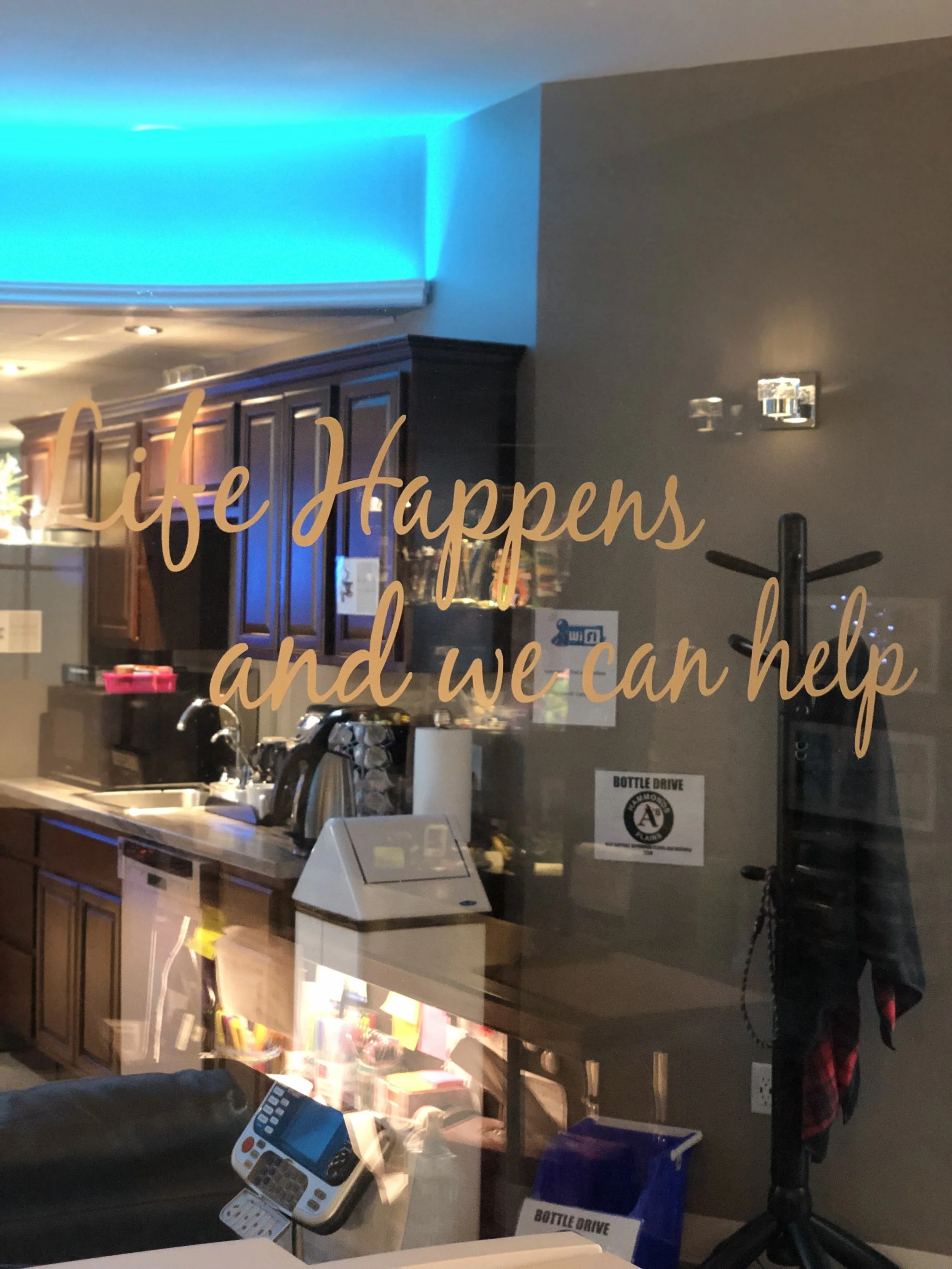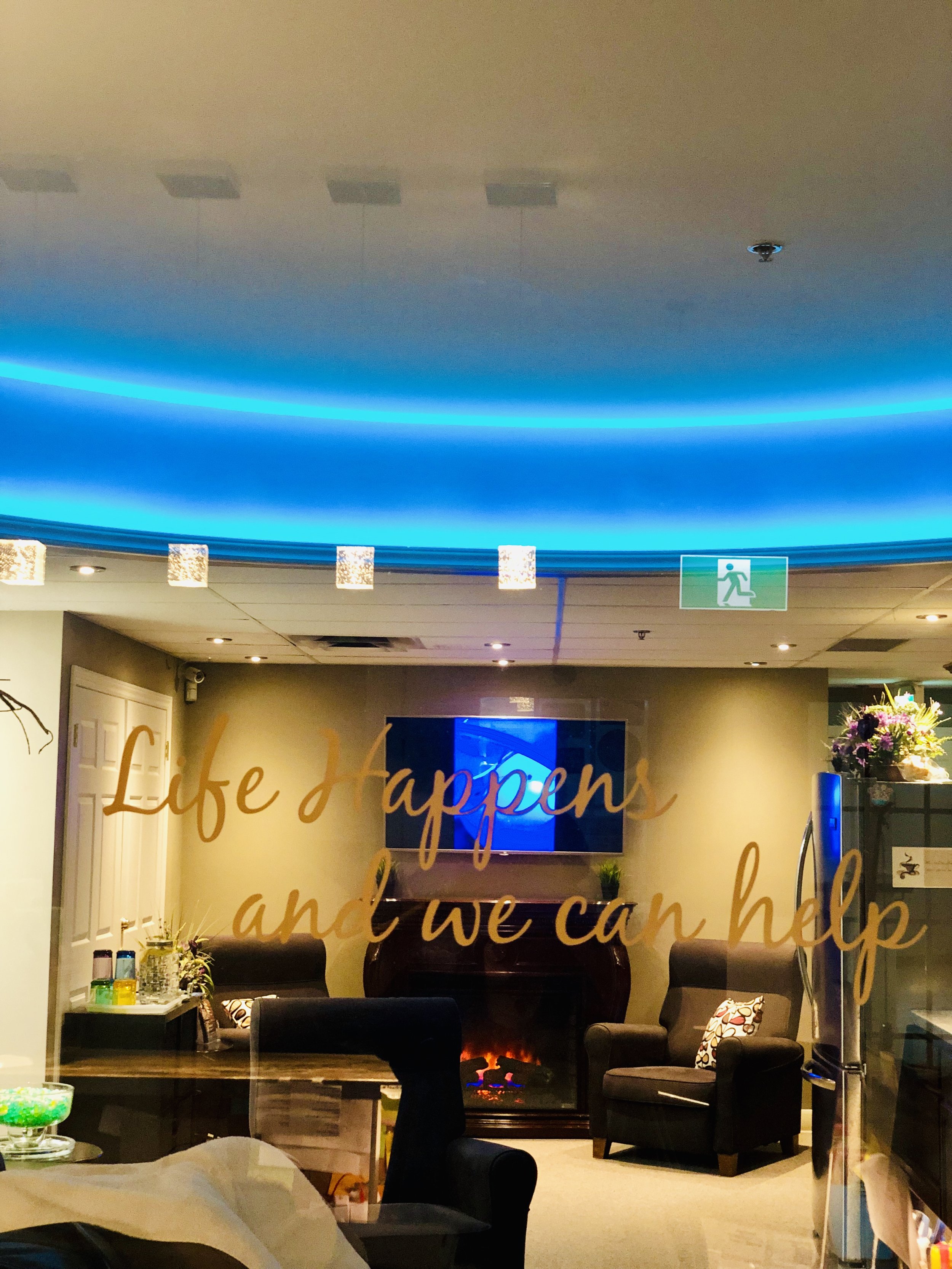
DR. MIKE
What I do
I am a consultant you hire to come alongside of you and help you to see more clearly what your problems are. I can help make sense of what is confusing or painful. I have been privileged to work with many people over the years. Therefore, I have seen and heard many if not all of the things you wish you could talk about. I provide a safe place to talk and work out the things that have been bothering you.
Therapeutic Relationship
Talk Therapy
Dr. Mike is here to listen…
I am a professional licensed counsellor (Registered Counselling Therapist or RCT) with over 40 years of experience. Counselling is a vocation (or calling) for me. That means it is not just a job, or a set of treatments I do to people. Therapy involves getting to know you and you getting to know me in a trusting relationship.
Research shows that the therapeutic relationship is much more important to the outcome of therapy than any specific treatment or therapeutic theory. Therefore, I recommend at least an introductory phone call so we can meet and talk. It helps us to decide if the relationship looks like it might work. There needs to be a “fit” between us that suggests a positive relationship is possible before either of us can commit to the work of therapy.
The Risk
Counselling
Seeking out treatment and the development of a therapeutic relationship involves risk-taking. It can be scary to seek help. The vast majority of people never seek out the help they need because of that risk. Many people take the first steps toward getting help but back out at the last minute because of this fear. I encourage you to take the risk. The most common statement I hear from my clients is “I wish I had done this a long time ago when I first thought of it.”
I see clients for a variety of issues:
Dr. Mike
Over 40 years of therapeutic experience, providing counselling therapy to children, teens, adults, couples and families…
I am a specialist trained and experienced in addictions. Therefore, many people who seek me out have a clear connection to addiction themselves, or in a loved one. They often come from a family where addiction has had an impact on their ability to live a full and rich life as an adult.
Other people, whether they have an addiction or not, come for specific treatment of trauma, Post Traumatic Stress Disorder (PTSD), Borderline Personality Disorder (BPD), problems with disassociation, depression, anxiety, or other symptoms that they may not be able to describe in diagnostic language. What they have in common is the pain that this creates in their life.
As an experienced addiction professional, I see clients for just about any issue you can imagine. Trauma’s like sexual abuse, physical abuse or neglect, family violence, difficulties with trust in relationships, problems of control or chaotic lives, and many issues too prolific to count or list here are often (but not always) connected to personal or family addiction histories. Whether this is a parent, grandparent, spouse or partner, or a child or grandchild, addiction often accompanies other life problems. Therefore, as an addiction specialist I have to be good at providing treatment in all of these areas – and you can take advantage of that expertise whether you have an identified addiction related problem or not.
Therapies used
Therapies
Behavioural Therapy, EMDR, Biofeedback, Christian Therapy, CBT, Cognitive Therapy, CISD, Dialectical, Existential Therapy, Exposure Therapy, Family Attachment, Family Systems, Gestalt Therapy, Grief Therapy, Group Therapy, Interpersonal, Narrative Therapy, Object-Relations, Occupational Therapy, Parent-Child, Rogerian Therapy, Recreation, Social Learning, Spiritual Therapy, Systems Therapy, Somatic Trauma Therapy
Counselling Therapy with Dr. Mike
- THE COMPASS ROSE HEALTH AND WELLNESS CENTRE
Treatment theories and approaches:
No discussion of “what I do” would be complete without an exploration of my use of various theories and approaches to counselling. I am probably best described as an eclectic therapist. This is because I have such a wide range of experiences, having been exposed to so many treatment modalities over my lifetime of therapy. It also means that I beg, borrow, and steel from many of them rather than following any one therapy. This is true of many experienced therapists. Currently few therapists are following any one approach or theory. Research has not found any one therapy that is better than all the others under all conditions and for all clients. This means that we adopt the Bio-Psycho-Social-Spiritual model. It states that you need to pay attention to all of these domains when working with people because for each person there will be a unique constellation of problems and therefore a unique approach to treatment.
Specialties
Major Practice Proficiencies
Individual Counseling
Marriage and Family
Career / Vocational
EAP / EFAP
Health and Wellness
DSM-V Diagnosis & Treatment
Crisis Intervention / Trauma
Rehabilitation
Education / Schooling
Spiritual Counseling
Career and Education
Career Change / Job Development
Career and Vocational Assessment
Professional Burnout
Workplace Issues
Abuse
Abuse Survivor Issues
Child Abuse
Domestic Abuse
Elder Exploitation
Emotional and Psychological Abuse
Molestation Recovery & Healing
Neglect
Rape Recovery
PTSD/Trauma Recovery
Medical and Health
Chronic and Terminal Illnesses
Chronic Pain, Managing and Living With
Medical Anxiety
Demographic
Teenagers And Young Adults
Men
Women
Special Needs Individuals
Elderly
Addictions
Alcohol and Drug Addictions
Internet and Gaming Addictions
Gambling Addiction
Sexual/Porn Addiction
Other Addictions
Marriage and Family Counselling
Adolescents / Teens
Adoption Issues
Aging Parents / Elder Care
Children and Childhood Development
Coparenting
Communication Between Spouses
Dealing with Divorce
Family Conflicts, Resolving
Family of Origin Issues
Infidelity and Adultery
Love and Intimacy
Marriage and Couples Counseling
Mixed / Blended Families
Parenting Issues and Approaches
Pre-marital Counseling
Separation
Disorders
Adjustment Disorders
Anxiety Disorders
Developmental Disorders
Disassociative Disorders
Eating Disorders
Impulse Control Disorders
Mood and Depressive Disorders
Personality Disorders
Psychotic Disorders
Sleep Disorders
Somatoform Disorders
Substance Disorders
Other Specializations
Abandonment Issues
Aggression / Hostility
Anger and Anger Management
Anxiety / Worry
Body Issues / Body Image
Boundaries, Establishing and Maintaining
Caregiver Stress
Communication Issues and Development
Control Issues
Dependency and Co-Dependency
Finances and Debt, Managing and Overcoming
Forgiveness, Self and Others
Grief and Loss
Identity Issues
Individual Growth
Men's Issues
Midlife Transition
Multicultural Issues and Adjustments
Obsessions and Obsessive Behavior
Panic and Panic Attacks
Personality Growth and Issues
Phobias and Fears
PTSD
Relationships and Dating
Sexuality
Self Injury / Cutting
Self-Esteem
Stress Management
Special Needs / Disability
Transitions Counseling
Trauma / Crisis Intervention
Trust / Mistrust Issues
Women's Issues
































